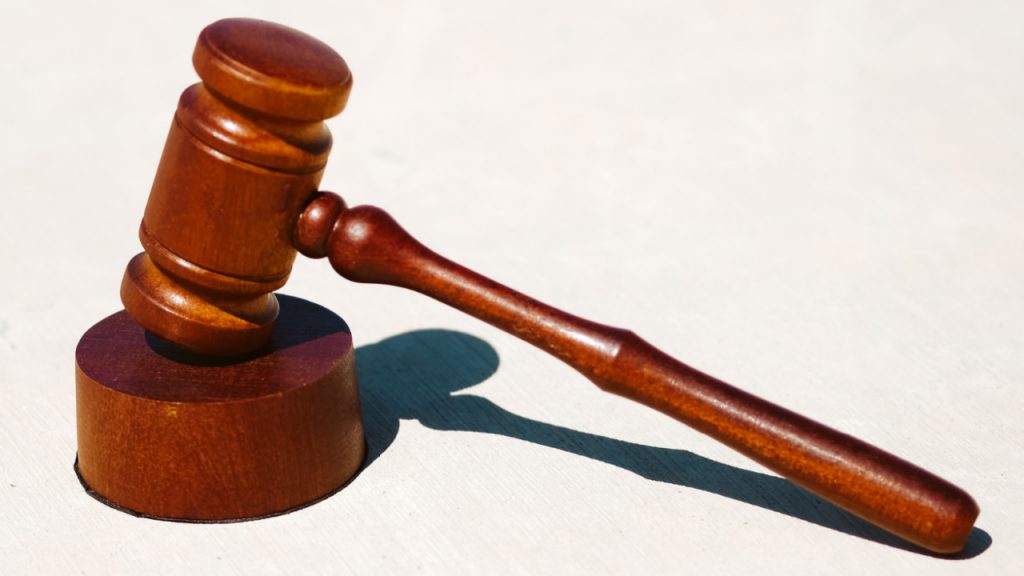While it’s good to have an opinion about the world around us, it might not be a good idea to voice your opinion about public figures on social media. Not only can it get you a harsh dressing down with their fans, you could also receive a sternly worded letter from lawyers threatening you with legal action. Not something we need via our friendly postman.
So what is Defamation? Ben Polak, solicitor at Brandsmiths, says, “It covers libel and slander. Both are the publication of defamatory material. Libel is more lasting publications such as print, whilst slander is more transient such as spoken word.
“While the definition of what is defamatory is up to interpretation, it broadly means the following: a statement which lowers a person in the eyes of right-thinking member of the public or which is likely to do so. There has to be an element of having serious harm done to you or your reputation by the defamation.”
For example, Johnny Depp claims he was defamed by The Sun after they printed an article which referred to him as a “wife beater” – this is a serious accusation and could be confusing when writing about it as Depp has been legally accused of domestic violence, but not actually convicted. If you’re unsure, just make sure you’re stating the facts and not embellishing them with vocabulary that could easily be perceived as incorrect.
If you were going to write about a celebrity who has been accused of anything that would negatively impact their reputation (and thus defame them) but nothing has been legally proven and they haven’t been convicted, there are a number of ways to talk around it. The easiest would just be to say “Johnny Depp (who has been accused of 14 counts of domestic violence) is known for his roles in many films” as that states the fact. If you wanted to talk more colloquially, the word ‘alleged’ is your friend, and it’s safe to add an aside saying no legal convictions have been made – but with this one you have to really be very, very cautious.
“Be careful what you say or even imply about other people online,” says Polak.
“Taylor Swift threatened to sue a blogger in 2017 for writing an article implying that she was loosely affiliated with white supremacists. Swift also successfully defended a defamation case against made her after she accused a radio DJ of groping her.”
Before you publish anything that comments on anybody in the public eye (not just those who you would necessarily consider ‘a celebrity’) ensure you’ve got your facts straight and are not making unproven allegations. Have someone else read it over if you’re still unsure.






